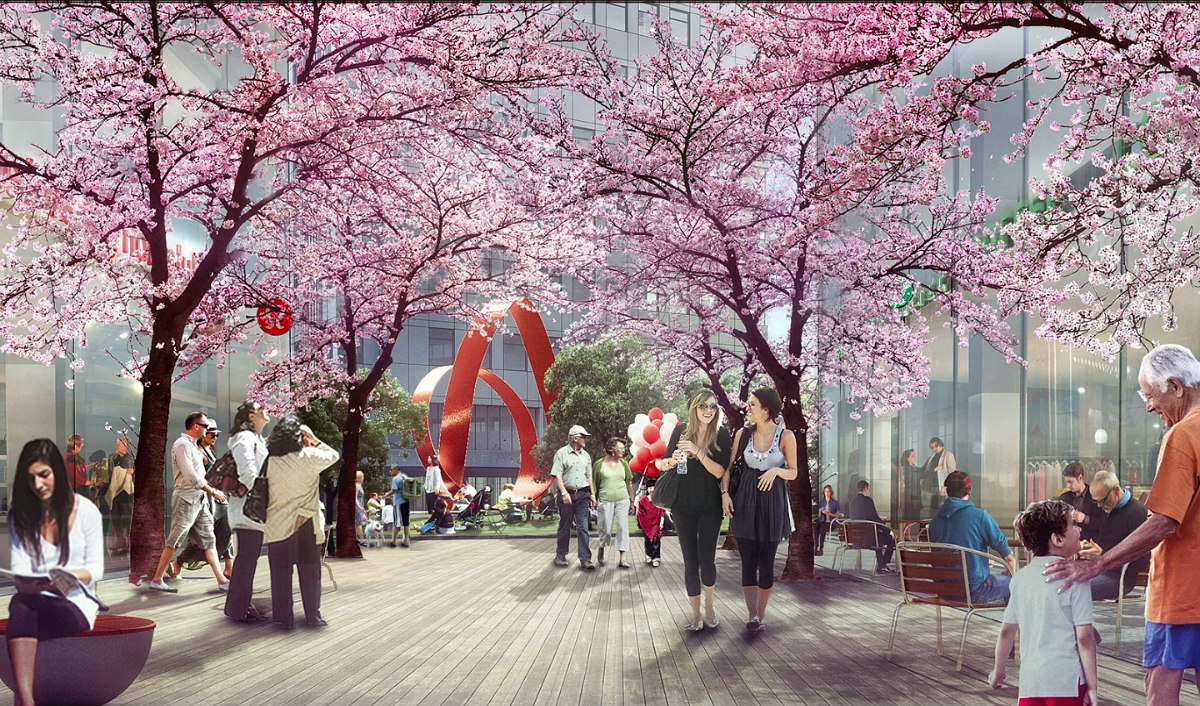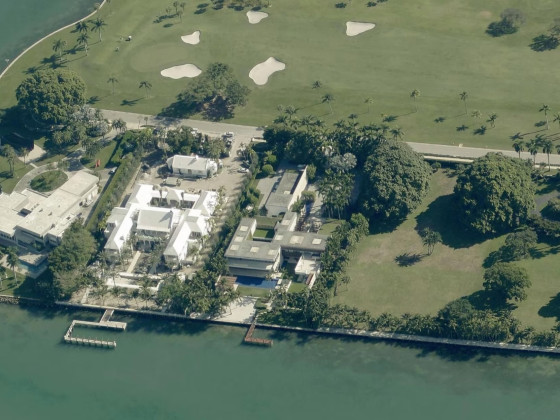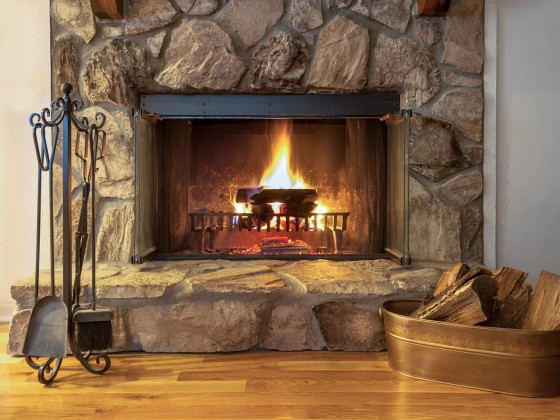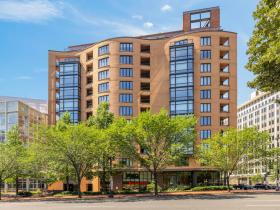What's Hot: Did January Mark The Bottom For The DC-Area Housing Market? | The Roller Coaster Development Scene In Tenleytown and AU Park
 Montgomery County Passes Bill That Could Bring Thousands of Units to Metro Stations
Montgomery County Passes Bill That Could Bring Thousands of Units to Metro Stations
✉️ Want to forward this article? Click here.

UPDATE: The Montgomery County Executive vetoed the bill on Friday, October 16th. The Council expects to hold a vote to possibly overturn the veto later this month.
On Tuesday, the Montgomery County Council passed the “More Housing at Metrorail Stations Act”, a bill aiming to incentivize high-density residential transit-oriented development.
Under the bill, new high-rise developments on land leased from Metro that are at least half rental apartments will be exempt from property taxes for the 15 years. Typically, WMATA does not pay property taxes, but developer-lessees on WMATA-owned land are subject to those taxes.
story continues below
loading...story continues above
Metro estimates that 8,600 housing units could be built at Montgomery County's Metrorail stations, including up to 1,300 moderately-priced dwelling units (MPDUs). Over the past decade, roughly 2,700 new housing units have been produced per year while the county added about 8,000 people annually.
The bill was introduced three months ago, and three amendments were added during yesterday's deliberations, including an expiration date for the incentive at the end of 2032. Another approved amendment by Councilmember Will Jawando required that 25% of the MPDUs at each development be reserved for households earning up to 50% of area median income.
“This effort is about turning housing targets into actual housing units, making ridership goals actual transit riders, and transforming outdated parking lots into vibrant communities for actual people,” Councilmember Andrew Friedson said in a statement. “Few things would be more impactful to meeting our affordable housing, environmental and economic development goals than maximizing transit-oriented development at Metro stations.”
Council Vice President Tom Hucker voted against the bill despite being a co-sponsor, as did Councilmember Jawando, who felt the county wasn't getting enough to forgo the property tax revenue. Hucker stated he'd prefer incentives be doled out on a case-by-case basis, and that he didn't believe projects weren't getting done on Metro-owned land solely because of the market.
"The developers I've spoken to who have considered developing at Metro say their reluctance has a lot to do with Metro's bureaucracy and leasing costs and not the property itself," Hucker stated while explaining his opposition to the bill. "This is less about the market than the cost of dealing with Metro financially and the hassle of having them as your landlord."
See other articles related to: housing production, incentives, metro, metrorail, montgomery county, montgomery county council, mpdu, property taxes, taxes, transit-oriented development, wmata
This article originally published at https://dc.urbanturf.com/articles/blog/montgomery-county-passes-bill-that-could-bring-thousands-of-units-to-metro-/17379.
Most Popular... This Week • Last 30 Days • Ever

Lincoln-Westmoreland Housing is moving forward with plans to replace an aging Shaw af... read »

The small handful of projects in the pipeline are either moving full steam ahead, get... read »

A report out today finds early signs that the spring could be a busy market.... read »

A potential collapse on 14th Street; Zuckerberg pays big in Florida; and how the mark... read »

A potential innovation district in Arlington; an LA coffee chain to DC; and the end o... read »
DC Real Estate Guides
Short guides to navigating the DC-area real estate market
We've collected all our helpful guides for buying, selling and renting in and around Washington, DC in one place. Start browsing below!
First-Timer Primers
Intro guides for first-time home buyers
Unique Spaces
Awesome and unusual real estate from across the DC Metro













